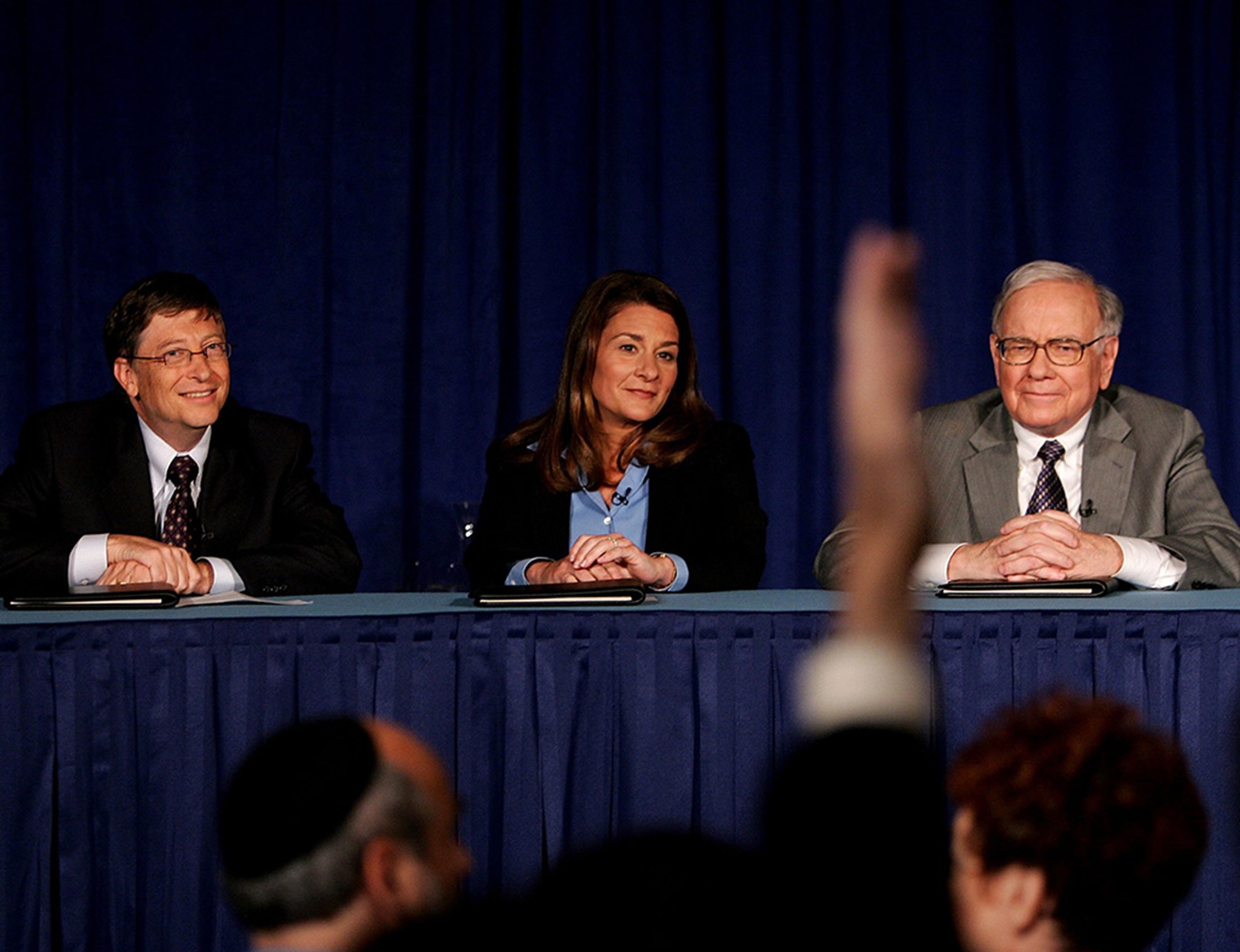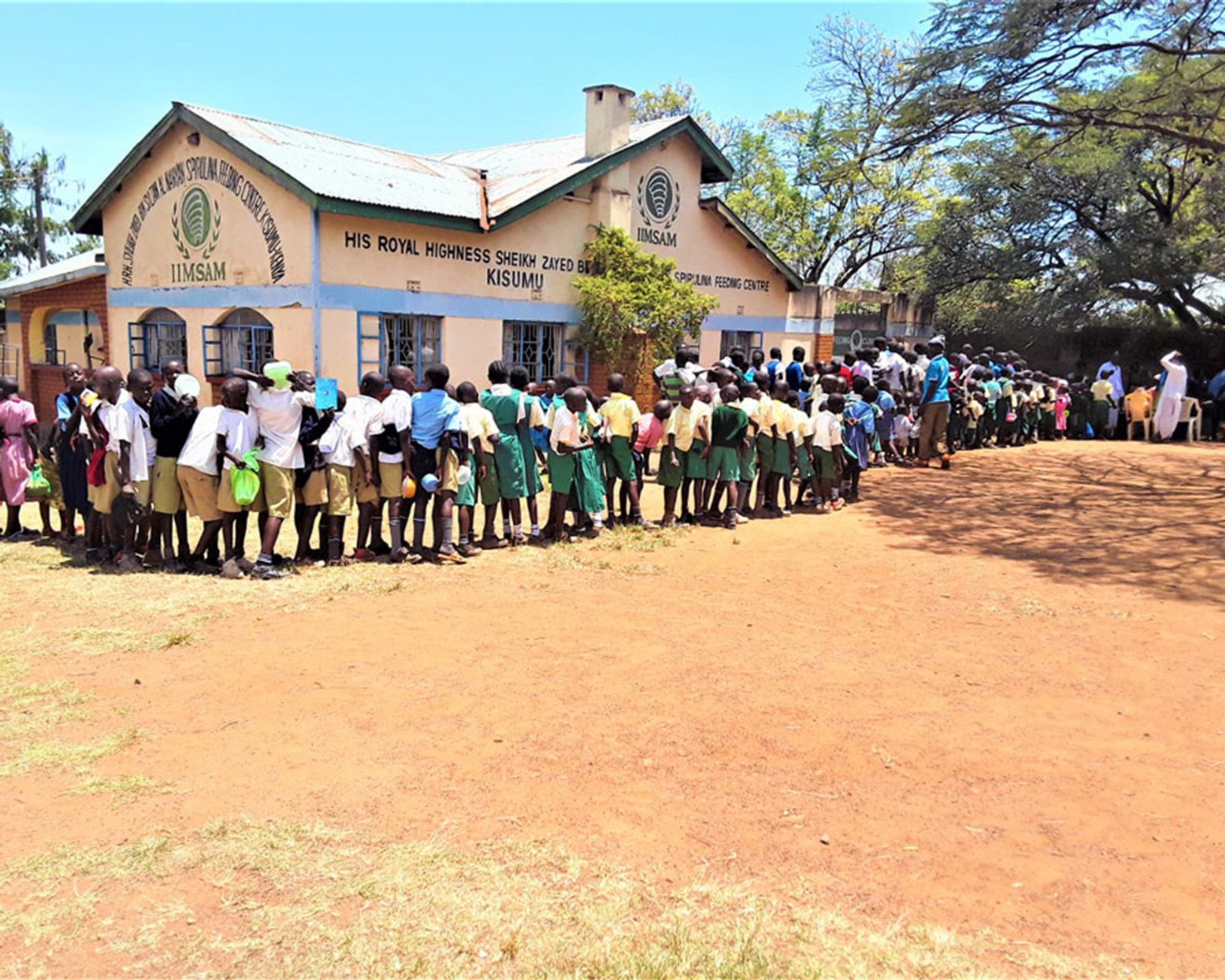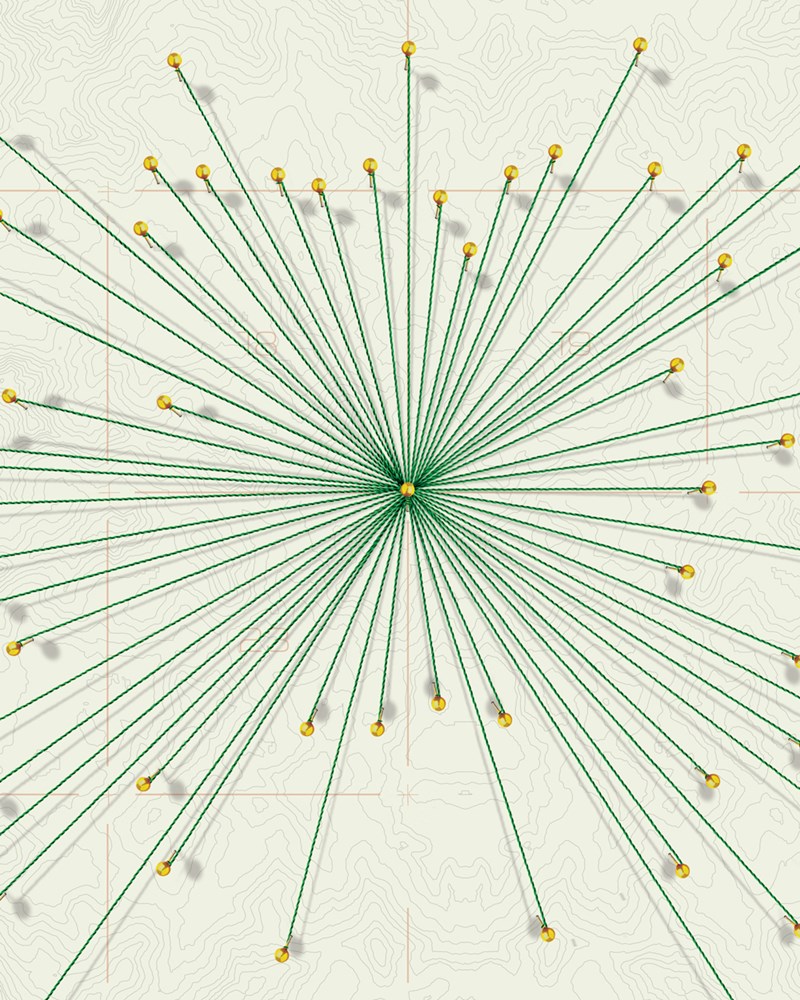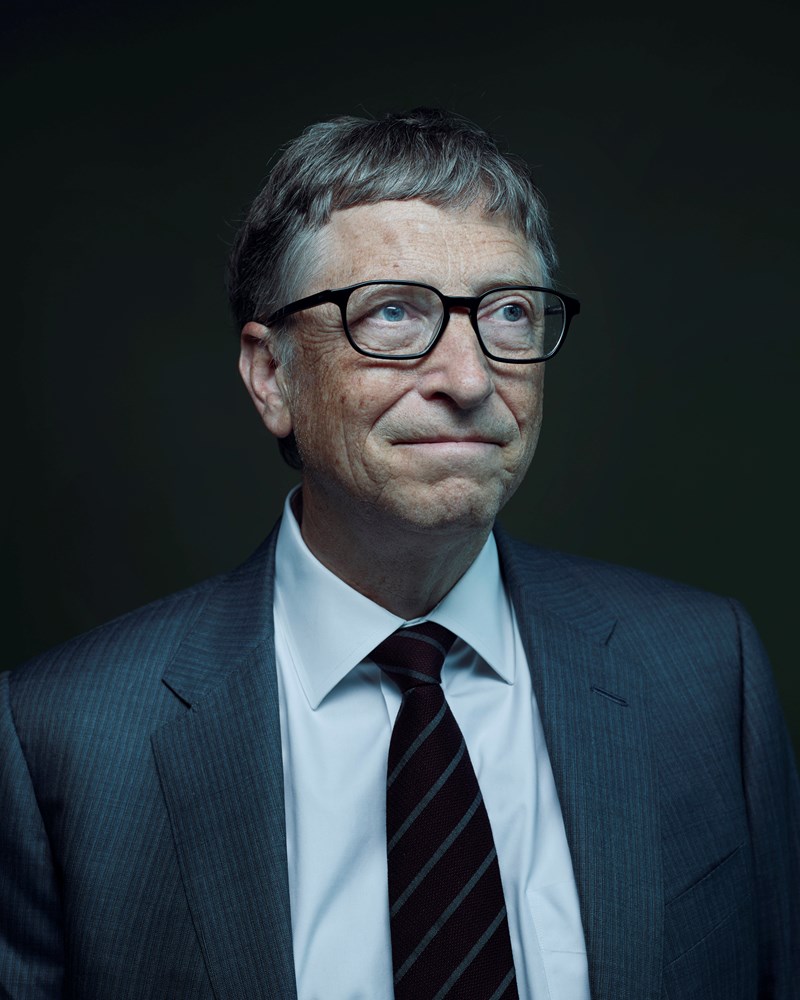Sheikh Dr Mohammed bin Musallam bin Ham Al Ameri has some advice for new philanthropists: start your journey where others stop. “Don’t reinvent the wheel,” says the Al Ain-born businessman. "Learn from the successes and failures of others. Wherever you can, work with others too: it saves you time and money and it yields better results.”
It is advice that the 48-year-old, vice president of the UAE’s Bin Ham Group and a former Federal National Council member, follows himself. In 2019, he signed the Giving Pledge, a global campaign led by Warren Buffett and Bill and Melinda Gates, in which billionaires make a public promise to give away at least half of their wealth to good causes. Hundreds have signed on, including Mark Zuckerberg, Elon Musk and Mackenzie Scott; coming together to pool ideas and knowledge with the aim of becoming better philanthropists.
Bin Ham is among the younger signatories, and one of only three pledges from the Arab region. In his accompanying Giving Pledge letter, he described it as “an opportunity to join a unique group of philanthropists, and a chance to concert efforts to find solutions to some of our world’s most pressing challenges.”
“I took the step because I could see the benefits it would bring,” he explains today. “The pledge is a global network, with research, resources and knowledge that are shared across its members. I think it will make a big difference in the way we think about our philanthropic work.”







